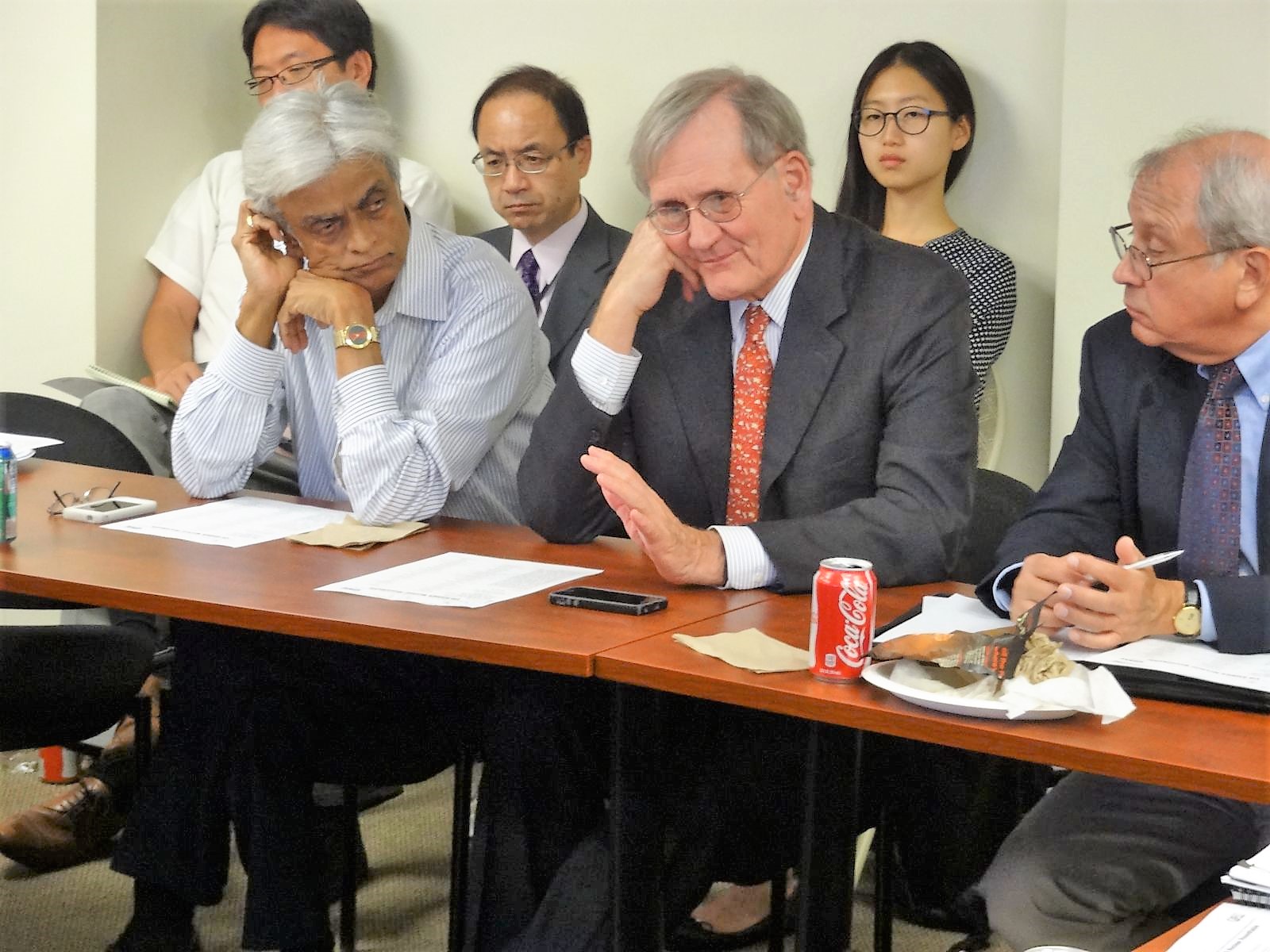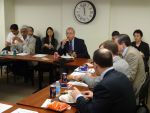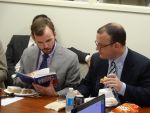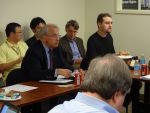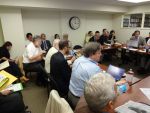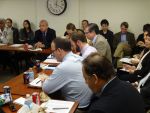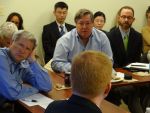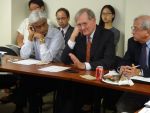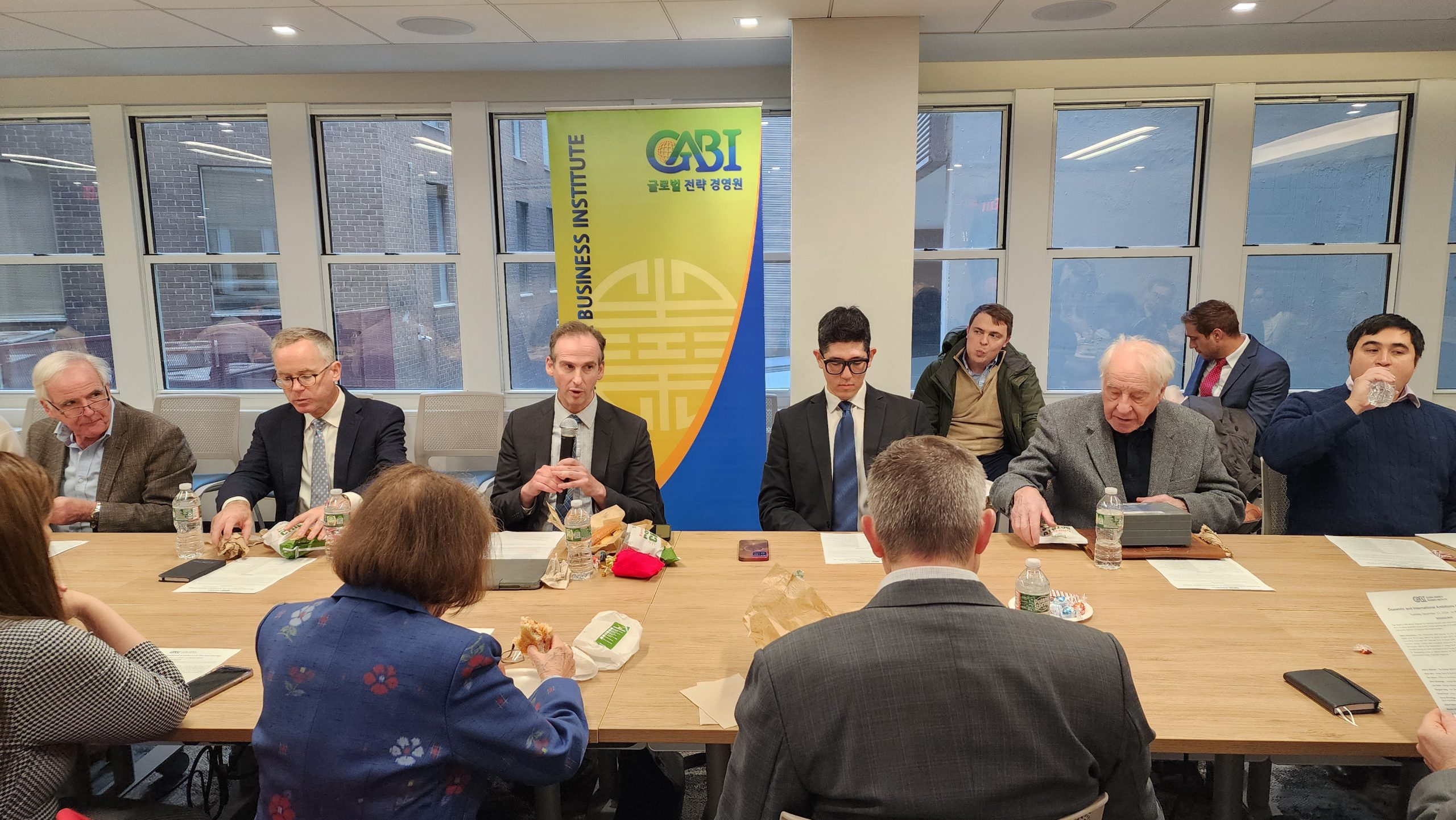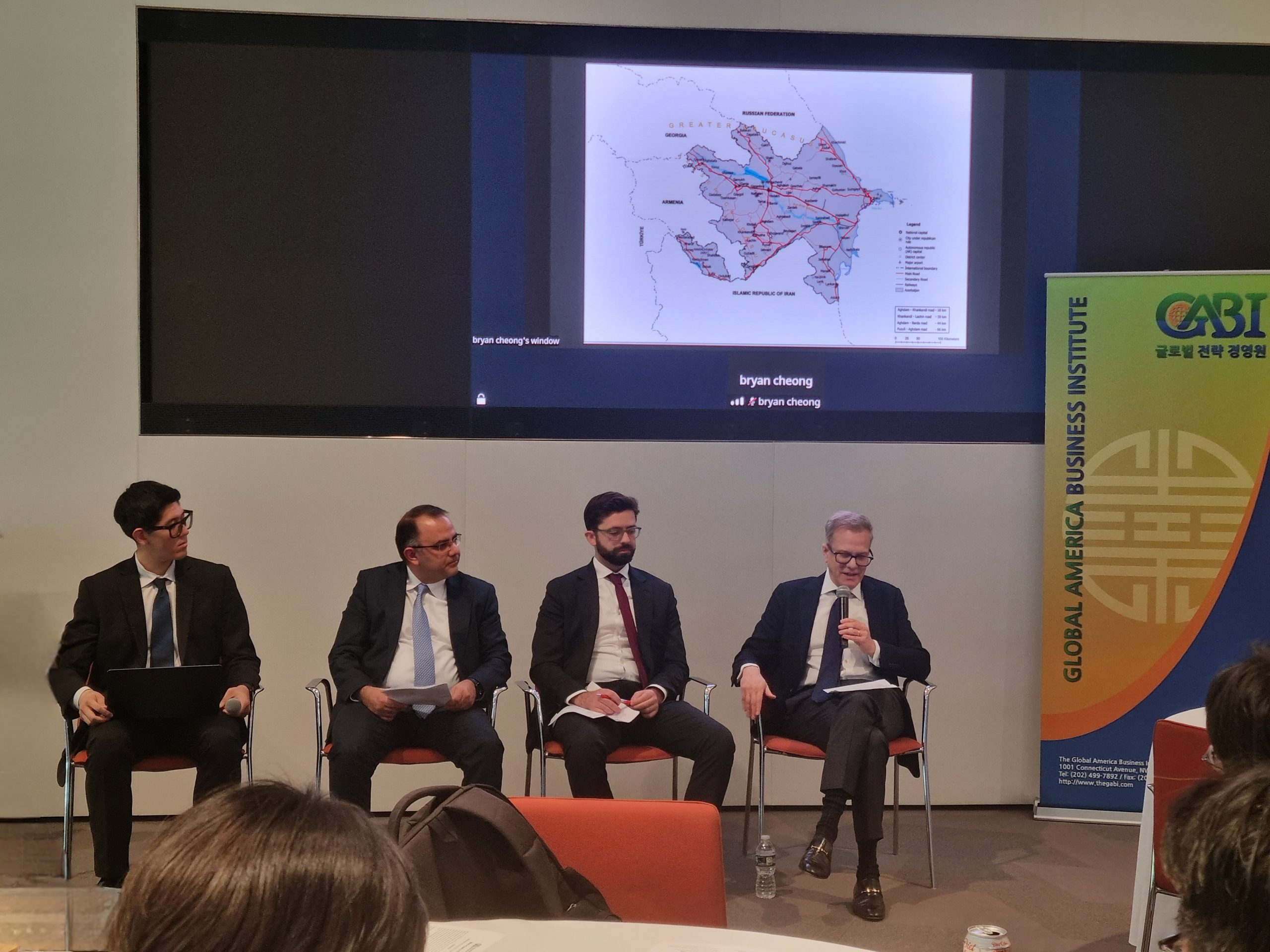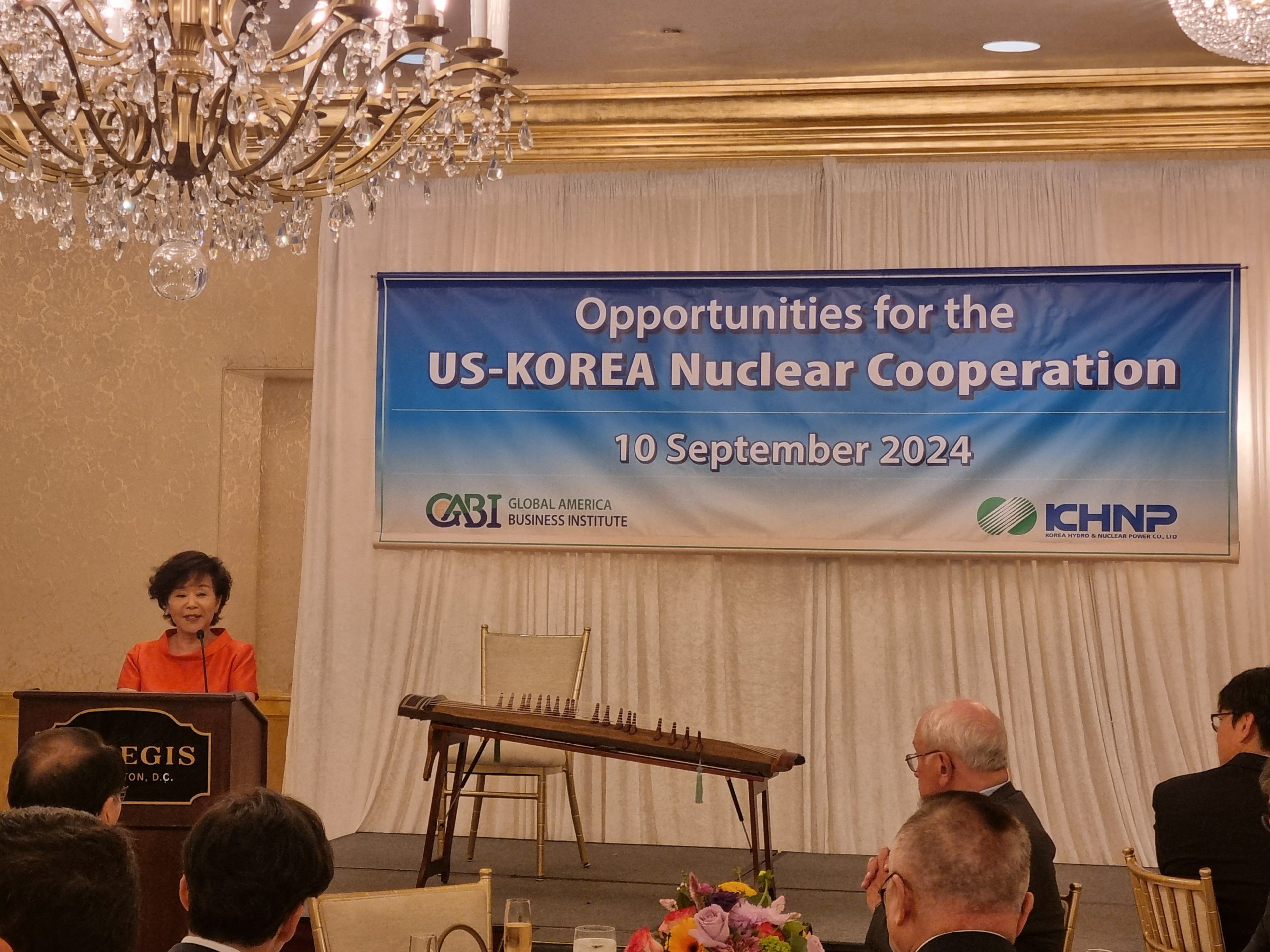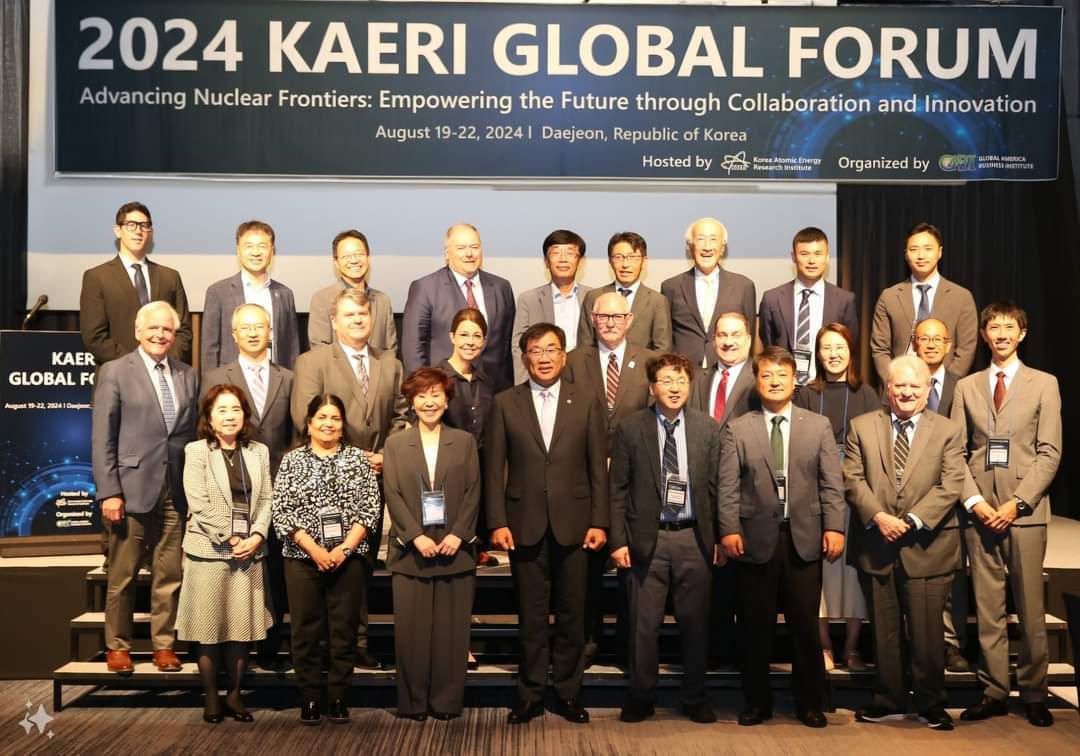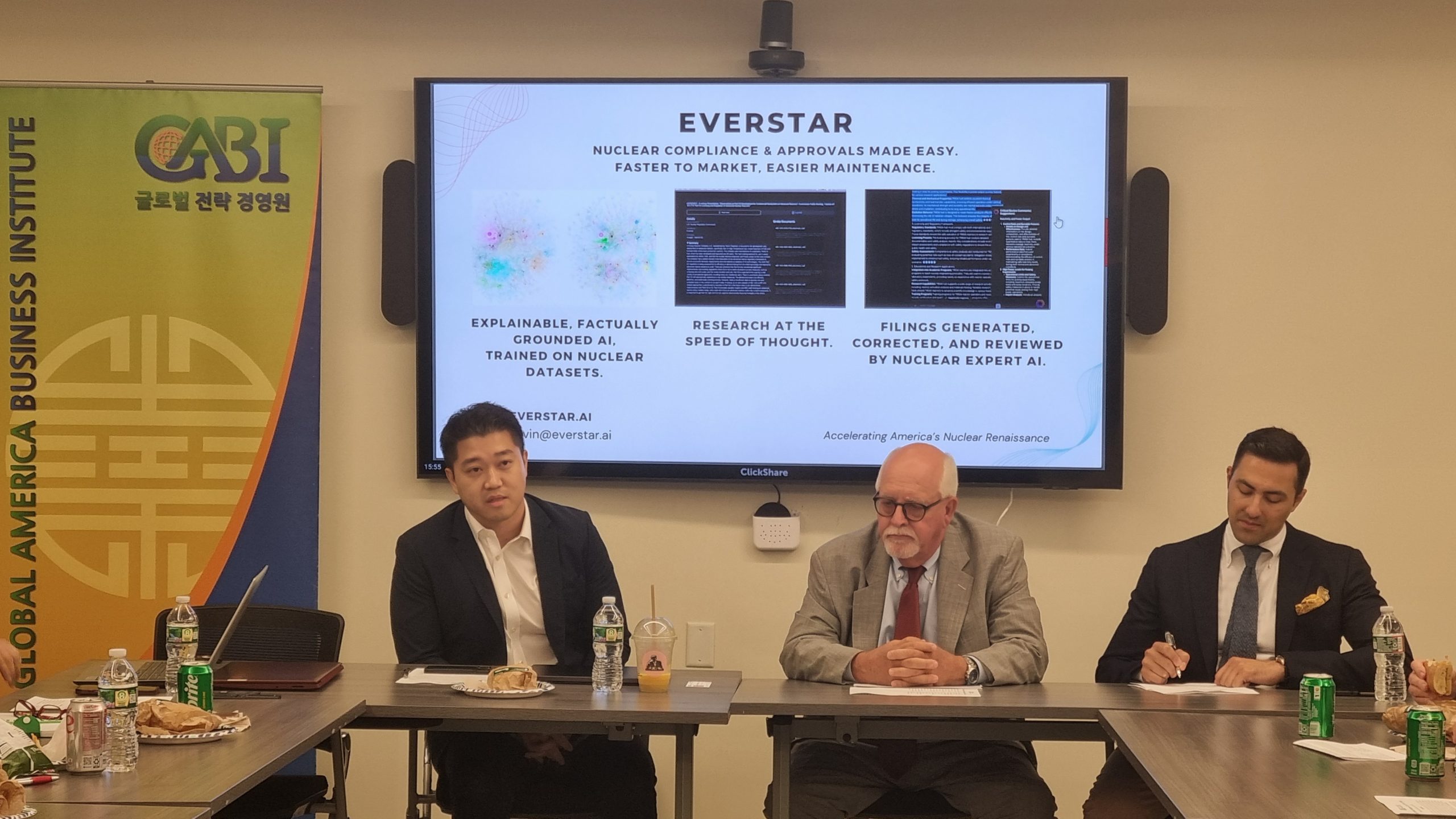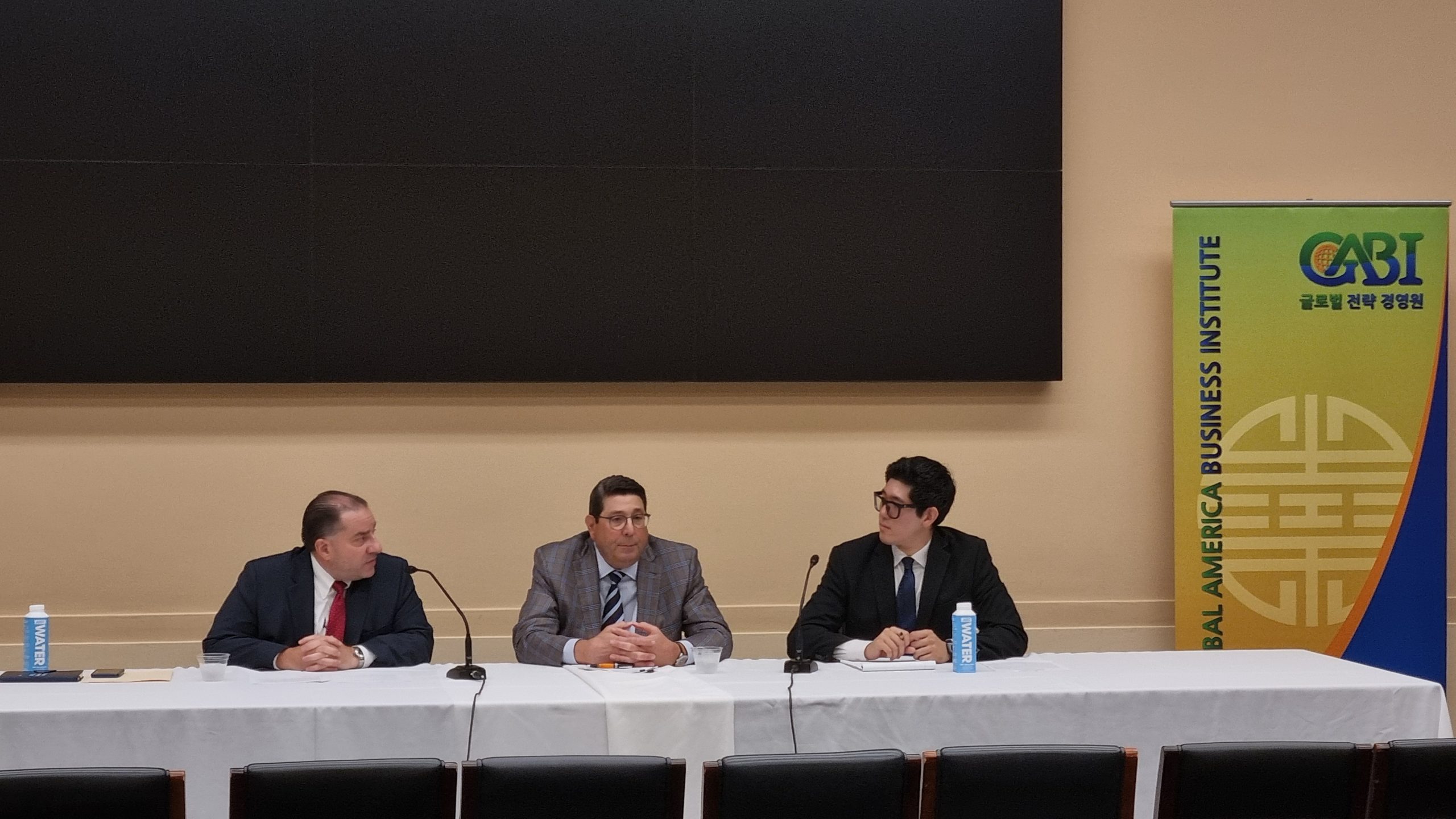At its core, prospect theory claims that states are risk averse when in a gains domain and risk acceptant when in a losses domain. Between 1950 and 1990, major nuclear fuel cycle decisions were made in both the Republic of Korea and Japan; an analysis of these decisions reveals that policy directions with regards to the nuclear fuel cycle in these countries were mostly made according to the tenets of prospect theory. Moreover, prospect theory proved to be a more powerful analytical tool than existing theories of nuclear weapons proliferation, as it accounts for a country’s capabilities, intentions, and situational and temporal context. In this way, prospect theory gives a holistic view of how all nuclear technologies fit into strategic interests and how frames of reference of national leadership influence the direction of nuclear fuel cycle decision making. On its own, prospect theory does not offer a model or predictor of nuclear fuel cycle technology development, but it does illuminate how leaders viewed nuclear fuel cycle decisions and why certain decisions were made in various instances. In the cases of South Korea and Japan, prospect theory had excellent explanatory power—in both countries, nuclear fuel cycle technology was highly valued and national leadership was heavily involved in making major nuclear fuel cycle decisions.

